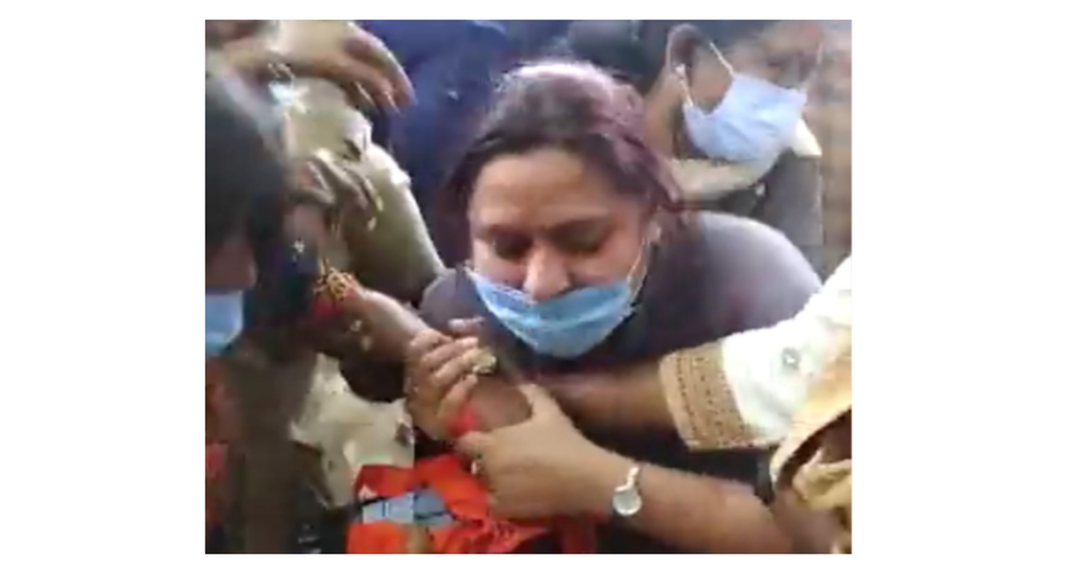Chennai: According to the latest surveys conducted by the Greater Chennai Corporation and the National Institute of Epidemiology in July, the general population of the city has a seroprevalence level of Covid-19 78.2%, said senior civic body officials.
Officials clarify that the seropocity in this study was lower than the 82% reported in the State Survey because the target population in the city study included children over 6 years, while state studies only studied the presence of antibodies.
Methodology and testing kits are also different, they said.
Seroprevalence is the size of the extent to which the spread of infection in an area.
Blood samples are collected and examined the presence of antibodies, which indicate if someone is infected.
Among the 15 zones, the Timpananpet had the highest seroprevalence at 83.3%, followed by Royapuram (82.6%).
Madhavaram has the lowest at 72.5%, followed by Alandur (74.1%).
This is the fourth round of Seroprevalence study in Chennai.
The rate has increased from 49.2% in March to 78.2 in July, the research said.
The survey was conducted at 3,801 households in 204 roads in 51 wards.
The sample was collected from 7,114 people where 44.5% were men.
Nearly 51% of all the samples collected originated from those under the age below 18.
Seroprevalence was highest in the age group 45-54 (88.1%), while the 18-plus general population was 82.5%.
The survey found that 72.2% in the age group 6-11 and 76% in the age group 12-17 had antibodies.
Seroprevalence is higher among women (80.5%) than men (75.4).
Breakup Ward-Wise revealed that Seroprevalence was the lowest in Colathur (Ward 65) at 67.2% and the highest in Otteri (Ward 71) at 94.7%.
Levels for around 24 wards, the majority in North Chennai, above 80%.
From the samples collected from those aged 18 years and over, 1,371 (39.2%) vaccinated.
The study said 916 had taken one dose and 455 had taken both doses.
At least 2.126 hasn’t taken a single dose.
The report said the ward with lower sero positivity was more vulnerable and needed to be prioritized for vaccination activities for further transmission prevention.
Sustainable compliance for the appropriate Covid Behviour, increase vaccination for all populations that meet the terms and implementation of ongoing detention steps is needed to maintain a decrease in decline, the report is added.






